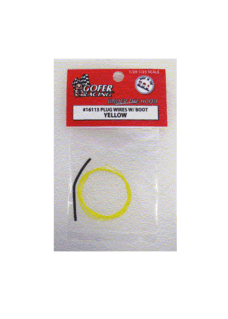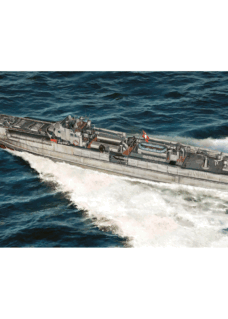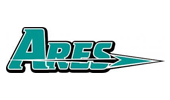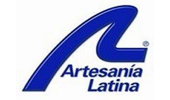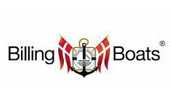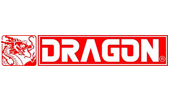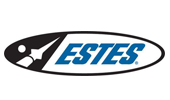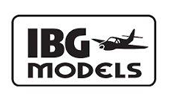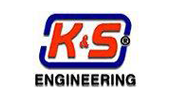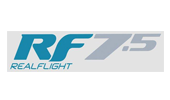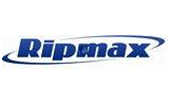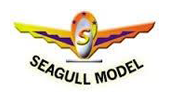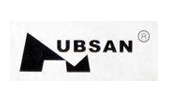Aircraft, All Plastic Kits, Plastic Kits
Kinetic 48016 E-2C US Navy E-2C Hawkeye 2000
Availability:
1 in stock
Kinetic 48016 E-2C US Navy E-2C Hawkeye 2000
$83.90
1 in stock
CompareBasic information
| Manufacturer | Kinetic |
| Product code | KIN48016 |
| Weight: | 0.94 kg |
| Ean: | 9588838160260 |
| Scale | 1:48 |
| Added to catalog on: | 4.19.2018 |
| Tags: | E-2-Hawkeye |
The Grumman E-2 Hawkeye is the successor to the E-1B (WWII modified TBF-3 Avanger) built by Grumman in the mid-1950s. In 1964, the US Navy delivered the first aircraft specifically built for AEW tasks. It was the E-2A. By the year 67, 59 aircraft of this type had been built. They were heavily used during the Vietnamese conflict. After its completion, modifications were made and the new designation E-2B was given. The most important of these was to equip it with a new high-speed programmable digital computer. The E-2C program began in 1968. It is the third generation of Hawkeye aircraft. The E-2C prototype made its first flight in 1971, and the first aircraft was delivered to the US Navy in 1973. By March 1994, 139 aircraft had been manufactured or converted from earlier versions. The E-2C Hawkeye prevented not only surprise attacks from enemy fighters and bombers, but also low-flying aircraft, missiles and warships. The E-2 belongs to the AEWC & C aircraft category, which can be translated as the Air Early Warning, Command and Control System. The aircraft entered service with the US Navy in 1973. Other users of this radar platform include Egypt, Japan, Singapore and Taiwan. Hawkeye, with its majestic rotating antenna on its ridge and hundreds of kilograms of electronic equipment, can monitor 35 million cubic kilometers of air space and over 480,000 square kilometers of the ocean surface, effectively detecting a threat to the fleet team (airplanes, rockets, ships). Sometimes his abilities are also used by civil organizations (air traffic control). Hawkeye is a defensive platform, and thanks to the fact that it operates at an altitude of several kilometers, its radar horizon is clearly enlarged and it can “look” further than a ground-based radar. The AN / APS-145 radar system with which the E-2 is equipped automatically detects, identifies and tracks targets from more than 500 kilometers away, and its passive detection systems detect and classify targets beyond the radar’s range. Its capabilities can also be used to command assault missions, counter drug smuggling, and conduct rescue missions (SAR). One Hawkeye could control air traffic throughout Poland and help seal our eastern border. High-resolution long-range radar working with IFF devices (self-alien reconnaissance) and passive systems (ESM) supervised by a computer not only creates a situational picture of the airspace but also provides real-time information necessary to conduct air defense activities for ground command centers , or own interceptors (e.g. F-18 fighters). All this information (course, speed, IFF, ceiling) is transmitted by telemetry over high-speed digital transmission lines. In late 1994, Northrop-Grumman began work on the next E-2C upgrade program (improved ground target tracking, IFF, 40% improvement in AN / APS-145 radar range, new pilot cockpits with color multifunction displays, new consoles for detection system operators, enabling cooperation with the AEGIS system mounted on Ticonderoga cruisers, etc. GPS). These changes made it possible for “Oku Sokola” to enter the 21st century. The crew consists of 2 pilots and 3 operators. It is powered by two Allison T56-A-427 turboprop engines. This type of propulsion seems archaic in the era of jets and rockets, but it is uniquely suited to the missions performed by Hawkeye. It is characterized by low fuel consumption (the possibility of long-term flights at high altitude) and a short take-off (take-off from an aircraft carrier). It can circulate for more than 4 hours at a distance of 350 km from the base. Technical data: length: 17.6 m, wingspan: 24.56 m, height: 5.58 m, maximum speed: 648 km / h, maximum ceiling 10 576 m, maximum range: 2708 km.
SKU: KI48016
Categories: Aircraft, All Plastic Kits, Plastic Kits


